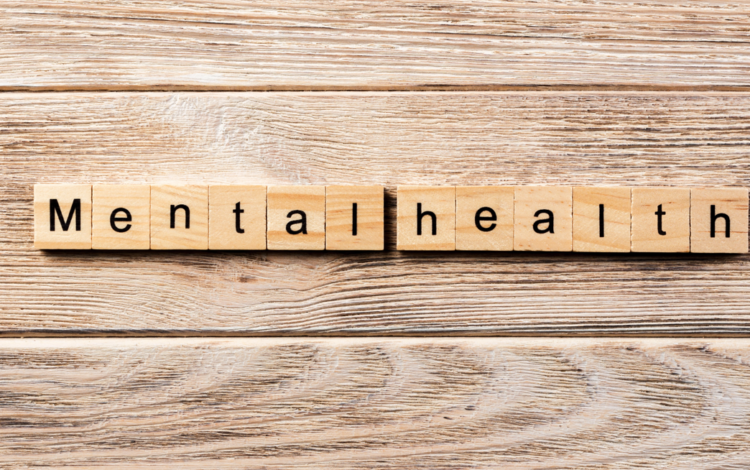One in three people have reported a decline in their mental health and wellbeing in the past year, prompting calls for employers to “listen to their people to understand what makes them tick”.
The LifeSearch Health, Wealth and Happiness Index dropped by 15%, with people expecting to be £233 worse off every month for a few months, increasing to £367 for under 35s and £546 for Londoners.
Released during Mental Health Awareness Week this week (15-21 May 2023), the findings were the result of research carried out by the Centre for Economics and Business Research (Cebr) on behalf of LifeSearch among more than 3,000 people in the UK.
The study showed one in four (25%) are less happy today than a year ago. More than half of believe they are worse off compared to last year, while the increasing cost of living is the main cause of poor mental health for 44% of those surveyed, rising to 51% among women.
Work-life balance was named the number two key to happiness by 47% of those surveyed, while strong relationships topping the list, cited by two-thirds (66%).
Emma Walker, chief growth officer at LifeSearch who commissioned the study, said: “Having a work-life balance is crucial to many people today, with almost one in two (47%) stating it is the key to their happiness, coming second only after strong relationships and just higher than having money and wealth (at 44%). The importance of a work-life balance is only amplified when you look at those aged 35-54 years, who potentially have families or who may be more established in the workplace, where 59% agree it’s an area of their life that drives happiness, compared to 45% that say it’s money and wealth that bring them joy.
“It’s important that employers listen to their people to understand what makes them tick. A happy workforce will no doubt result in a motivated and engaged one too that will reap rewards for both employee and employer.”
The research further found that money and the cost-of-living is expected to have the greatest negative impact on mental health in the coming year according to 30% of those surveyed, increasing to 35% among women.












